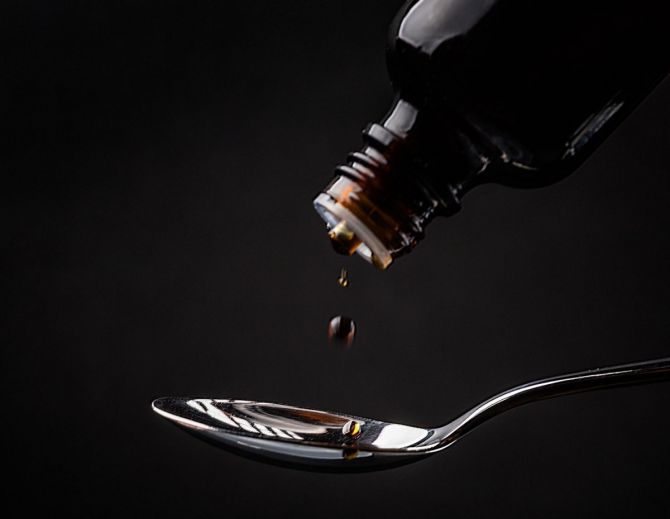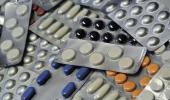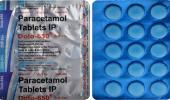The World Health Organisation has issued an alert for four 'contaminated' medicines manufactured by an Indian pharmaceutical company that have been 'potentially linked' with acute kidney injuries and 66 deaths among children in The Gambia.

WHO Director-General Tedros Adhanom Ghebreyesus told reporters Wednesday, "The four medicines are cough and cold syrups produced by Maiden Pharmaceuticals Limited in India. WHO is conducting further investigation with the company and regulatory authorities in India."
He said the loss of young lives due to the products is 'beyond heart-breaking for their families'.
The four products are Promethazine Oral Solution, Kofexmalin Baby Cough Syrup, Makoff Baby Cough Syrup and Magrip N Cold Syrup.
The manufacturer of these products is Maiden Pharmaceuticals Limited, Haryana, India, and 'to date, the stated manufacturer has not provided guarantees to WHO on the safety and quality of these products', WHO said.
The WHO chief said while the contaminated products have so far only been detected in The Gambia, they may have been distributed to other countries.
WHO has recommended all countries detect and remove these products from circulation to prevent further harm to patients.
The WHO Medical Product Alert refers to four substandard products, identified in The Gambia and reported to WHO in September 2022.
WHO said substandard medical products are the products that fail to meet either their quality standards or specifications.
Therefore, they are 'out of specification', the health body said.
Laboratory analysis of samples of each of the four products confirms that they contain unacceptable amounts of diethylene glycol and ethylene glycol as contaminants.
Outlining the risks associated with the products, WHO said diethylene glycol and ethylene glycol are toxic to humans when consumed and can prove fatal.
'Toxic effects can include abdominal pain, vomiting, diarrhoea, inability to pass urine, headache, altered mental state and acute kidney injury which may lead to death,' it said.
All batches of these products should be considered unsafe until they can be analysed by the relevant National Regulatory Authorities.
The substandard products referenced in this alert are unsafe and their use, especially in children, may result in serious injury or death, it added.











 © 2025
© 2025